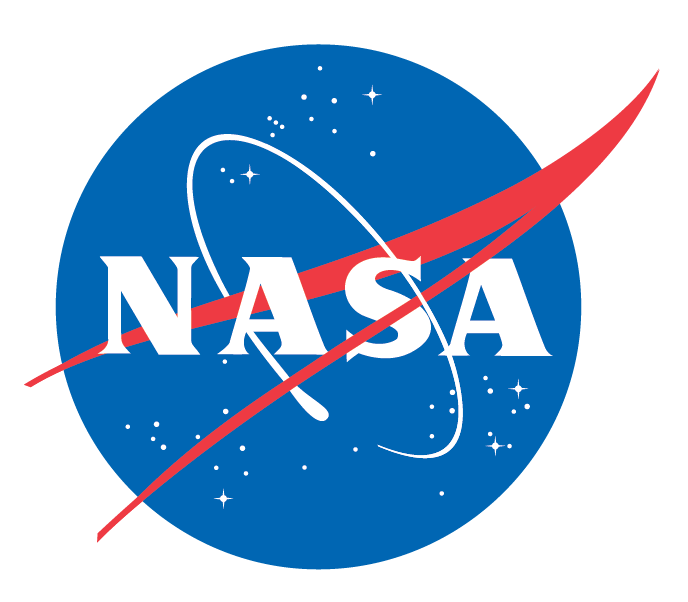SERVIR Southeast Asia Supports the International Day of Clean Air for Blue Skies

What is the International Day of Clean Air for Blue Skies?
The United Nations General Assembly in 2019 declared 7 September as the International Day of Clean Air for Blue Skies. The General Assembly was encouraged by an increasing interest of the international community in clean air and emphasizing the need to make further efforts to improve air quality, including reducing air pollution, to protect human health.
Why is it important?
Air pollution is the biggest environmental health risk of our time. Over 99 percent of people breathe unsafe air.
It also exacerbates climate change, causes economic losses, and reduces agricultural productivity. It knows no borders – everyone has a responsibility to protect our atmosphere and ensure healthy air for all. By investing in #ClearAirNow, the world community can address two aspects of air pollution, the health impact and the climate impact.
Air pollution is transboundary – all stakeholders have a responsibility to protect the earth’s atmosphere and ensure healthy air for everyone. While many countries in Southeast Asia have their internal sources of air pollution, the transboundary nature of air pollution makes the problem worse and necessitates a more inclusive and comprehensive regional solution.
Working together, across borders and boundaries, between sectors and beyond silos, will help reduce air pollution, leverage finance and investments towards air quality measures and solutions, and provide health benefits.
What is SERVIR Southeast Asia doing to improve air quality?
Implemented through a partnership between the U.S. Agency for International Development (USAID), the U.S. National Aeronautics and Space Administration (NASA), and the Asian Disaster Preparedness Center (ADPC), SERVIR Southeast Asia (SERVIR SEA) uses publicly available satellite data to address climate change and sustainable development challenges.
SERVIR SEA provides accurate, near-real-time information and three-day forecasts on air pollutant concentration, atmospheric conditions, and fire hotspots using satellite data, providing much-needed coverage in regions that do not have ground stations installed for monitoring air quality.
The solutions it offers are based on taking inputs from local communities (as it did during the February 2024 Inclusive Climate Action Workshop) and working with national and regional organizations such as the World Wildlife Foundation Mekong for the Future and the BlueSchools project.
In 2020, SERVIR SEA launched its Air Quality Explorer tool, which will be upgraded and rebranded next month as



